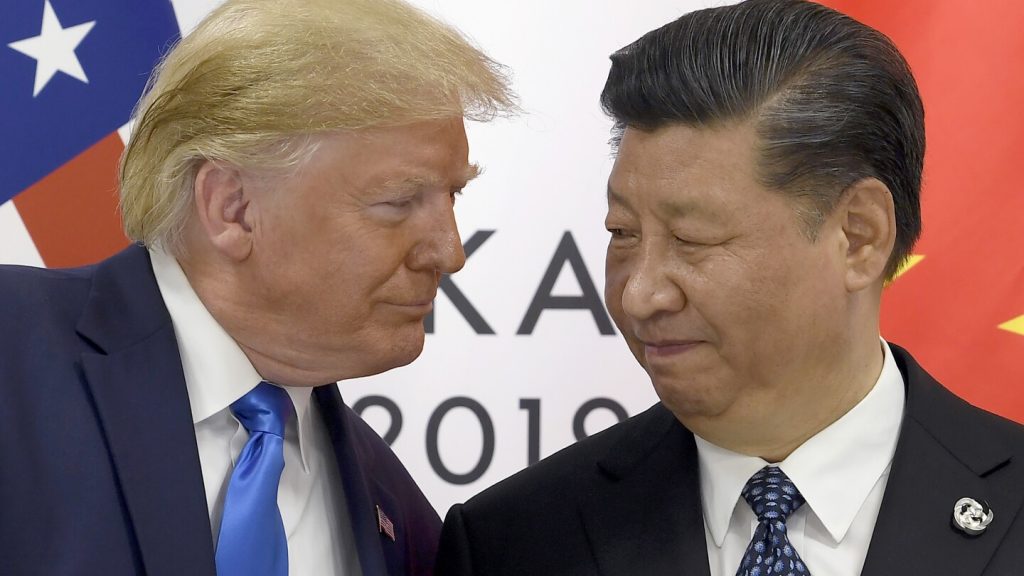As President-elect Donald Trump prepares to start his second term in office, China is bracing for unpredictability in its ties with the United States and renewed tensions over trade, technology, and Taiwan. One major consequence for China could be Trump’s threat to impose blanket 60% tariffs on all Chinese exports to the U.S. This would significantly impact China’s already fragile economy, potentially reducing economic growth by half. The U.S. previously imposed tariffs on Chinese products and reached a trade deal in 2020, but China failed to meet its commitments to buy more American goods. President Joe Biden has retained most of the tariffs and added new duties on various imports.
Trade talks between the U.S. and China may involve Trump’s appeals to Chinese President Xi Jinping to help negotiate a resolution to the Ukraine war, leveraging trade grievances against seeking China’s support in global crises. One potential escalation in tariffs could occur if China invades Taiwan, a self-ruled democracy that Beijing claims as its own. The U.S. strongly supports Taiwan and does not recognize it as a country, but Trump has indicated he would not hesitate to impose extremely high tariffs if such an event occurs. Despite tensions, Trump has maintained the status quo in relations between Taipei and Beijing.
During his first term, Trump targeted Chinese technology firms, like Huawei, over security concerns, while Biden continued restrictions on China’s access to advanced semiconductor technology. Trump has criticized Biden’s CHIPS and Science Act, which aims to bolster domestic semiconductor manufacturing. Taiwan currently produces most of the world’s advanced chips, and Trump has accused Taiwan of “stealing” the industry from the U.S. This could lead to tensions between Taipei and Trump, as Taiwan’s success in the chip sector may be viewed as taking advantage of the U.S. Trump has promised to undo the CHIPS Act, posing challenges to his campaign to reindustrialize the U.S.
Trump’s relationship with China has been marked by uncertainty, with potential challenges and opportunities ahead. While Xi Jinping has called for managing differences and cooperation in a new era, Trump’s approach towards China remains unpredictable. The trade war, technology disputes, and Taiwan’s status are key factors influencing the U.S.-China relationship. Trump’s personal connections with Xi and his willingness to engage in global crises could impact diplomatic relations. As China prepares for potential changes in U.S. policies, the future of trade, technology, and Taiwan issues remains uncertain.















